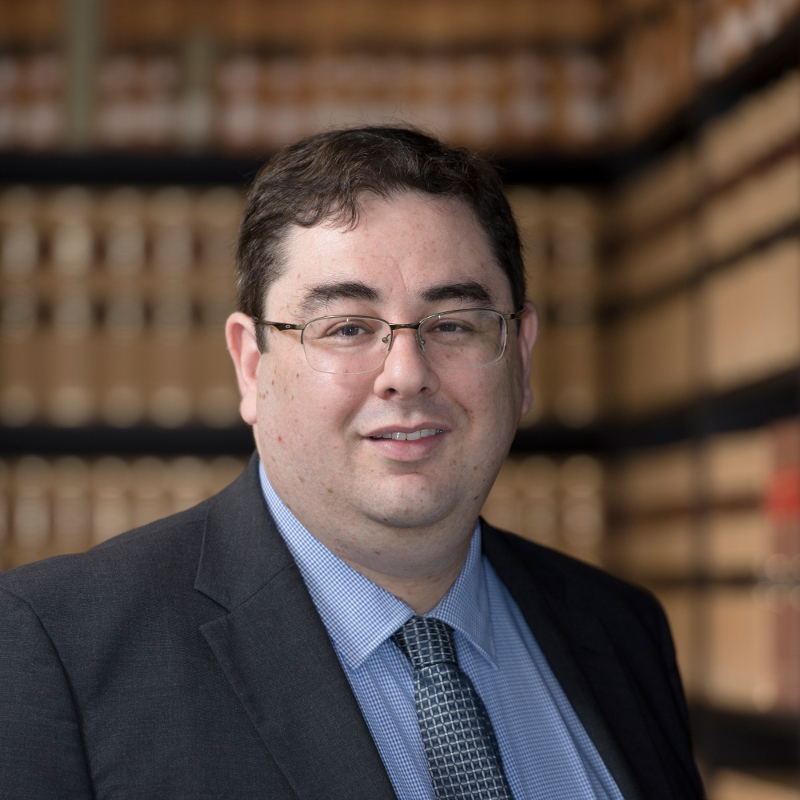 Peter Kohn, Taking a Stand Against Web Hate, The Australian Jewish News, 30 April 2010, p 3
Peter Kohn, Taking a Stand Against Web Hate, The Australian Jewish News, 30 April 2010, p 3
Quelling racism and anti-Semitism in the trash-and-treasure environment of the world wide web is looming as a great social challenge. That was clear at a landmark Australian summit on cyber-racism this week.
A balanced strategy might be the antidote, Attorney-General Robery McClelland told the internet racism conference, co-sponsored by the Australian Human Rights Commission (AHRC) and the Internet Industry Association, in Sydney on Tuesday.
Addressing delegates from around Australia and New Zealand, McClelland quoted AHRC figures on cyber-race hatred, which show concerns about racist behaviour on the internet in 2008-09 made up 18 per cent of all reported complaints about race hatred – twice the ratio of 2007-08.
But he was careful to strike a balance between regulation and freedom of speech, perhaps with an eye on the fallout from Communications Minister Stephen Conroy’s controversial proposal for an Australian internet filter against child pornography.
Conroy’s proposed cyber-shark net has drawn criticism from the United States government and civil liberty groups around the globe and in Australia.
Stating that he has asked the AHRC to undertake further work to tackle racism on the internet, McClelland told the summit that “the fundamental principle of freedom of expression is important in Australia. On the other hand, it is also important to ensure that all Australians are protected from vilification, bullying and harassment.”
Speaking to The AJN this week, Executive Council of Australian Jewry (ECAJ)’s Peter Wertheim said battling internet racism and anti-Semitism involves two broad challenges.
“You can control the behaviour of internet service providers [ISPs] in a particular country, but what if the ISP is located overseas? Rather like the environment, it is a problem that can’t just be dealt with by one nation state,” the ECAJ executive director said.
The other hurdle is “a culture that has developed in association with the internet that holds free speech as sacrosanct, regardless of the consequence”.
Commenting on Conry’s filter proposal, Wertheim said: “In some ways, the racism that appears on the internet is, in its own way, as bad as child pornography and the case against it is just as powerful.”
He said that legal action against vilifiers requires an individual or group to initiate proceedings and is limited by the resources available to the complaint.
The ECAJ met with McClelland in August last year and with Conroy in September, and again last month, to discuss the impact of cyber-racism on the Jewish community, proposing action by the Australian Communications and Media Authority and the courts.
The Zionist Federation of Australia (ZFA)’s cyber-warrior, Dr Andre Oboler, said he is encouraged that the conference took place, but it faces “daunting challenges”.
Dr Oboler, the ZFA’s director of community internet engagement, said two schools of thought have emerged – the Australian, Canadian and European approach that seeks some regulation, and the laissez faire American stance that is backed by internet media companies.
“The recommendations from the Global Forum to Combat Anti-Seimitism that took place in Jerusalem last year would be a very good starting point as they highlight recommendations for different groups, including industry,” he said.
B’nai B’rith Anti-Defamation Commission (ADC) research director Deborah Stone said the puzzle is “how we go about controlling what is a new technology and is causing new social phenomena”.
Due to a lack of regulations, coupled with a creaking court system unable to keep up with the lightining pace of cyber-bigots, “there is material on the internet that would not have got into any other form of media since [Nazi German newspaper] Der Stuermer”, she said.
